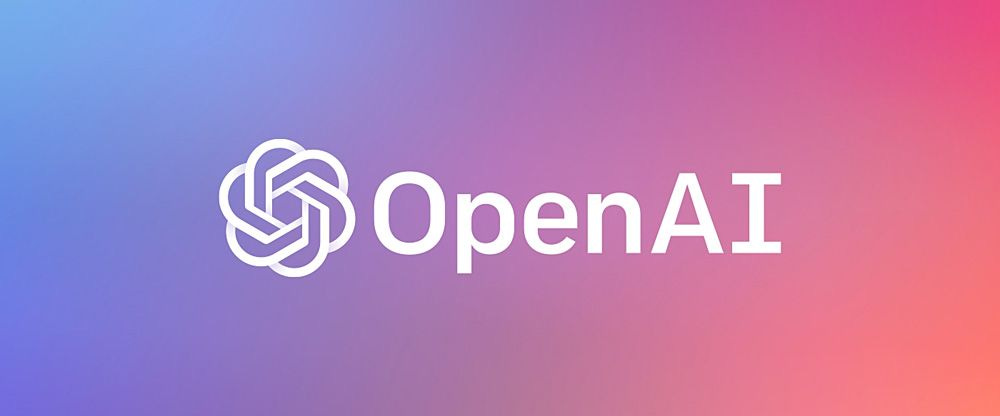LARGE LANGUAGE MODELS ARE COMING FOR SEARCH
After playing with OpenAI’s #ChartGPT, I think the most immediate impact that this tech will have on advertising is that it will replace search ads.
I would be surprised if there weren’t any crisis meetings at Google HQ right now on how to fast-track some kind of DeepMind application to replace Search as we know it, and how to possibly monetize it. Will ads be in the picture? Likely, yes, but what form exactly those ads will have is unclear.
As much as Google Search is a breakthrough compared to #AltaVista et al., it is hardly a great experience. Nobody likes to be sent to site after site after website, extracting, collating and synthesizing information by yourself. A system like this will do it for you.
The second ad- or marketing-related breakthrough will be on voice-based assistants (#VBA) like the Amazon #Echo – you will be able to have a natural conversation with the #VBA.
Which lends itself perfectly also to marketing on a device as intimate as a #VBA, where a dialog must replace just talking at people with ads.
Of all the fantastic use cases that we hear about during this phase of excitement and hype, currently, probably only about one tenth is close to any real-world application.
#ChatGPT doesn’t spider the Web, yet (so its knowledge base is limited), the output is somewhat general and flat, and the output structure isn’t perfect at times.
It is also an echo chamber in that it can only tell you what it has been told itself before via its knowledgebase – it cannot be creative or imaginative, in other words, it cannot come up with new ideas. AI will eventually get there, but it is not there now.
However, it is clear where this is leading – to a revolution in how we use the Internet, deal with knowledge-related tasks, and market to clients and consumers.
It may take a few years, but the writing is on the wall.


